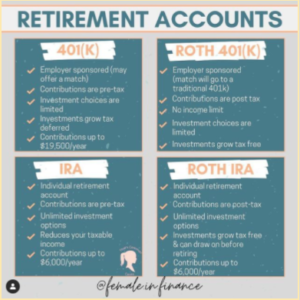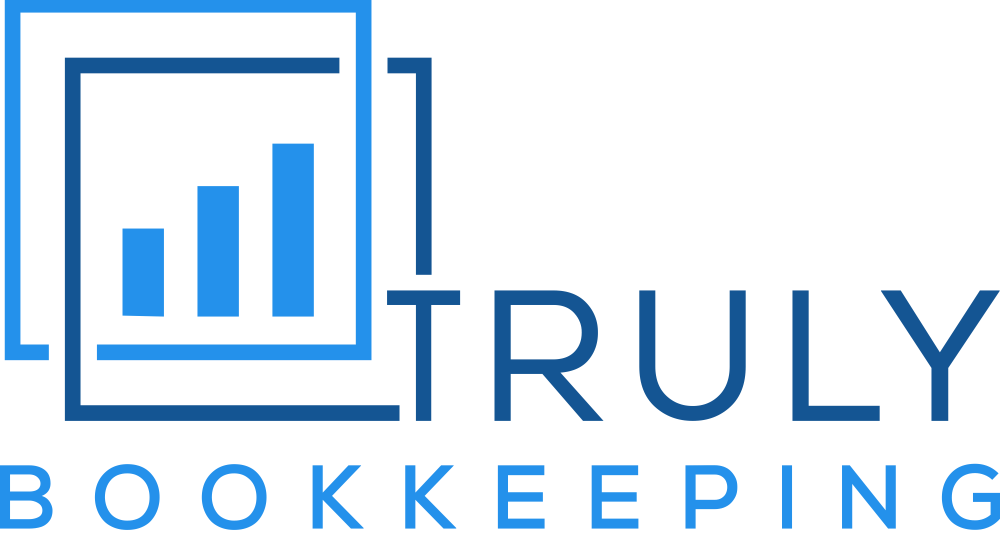6 Cash Flow Tips for First Time Self-Employed
6 Cash Flow Tips for First Time Self-Employed
Congratulations! You have taken a risk and dove headfirst into self-employment. It is an exciting time that can be filled with a lot of emotions. One common feeling many self-employed first-timers are nerves over money and cash flow. Nothing to fear! Many have come before you and found ways to make cash flow the easiest part of self-employment.
Here are our top cash flow tips for the first time self-employed!
1. Keep Business & Personal Expenses Separate
This is a big mistake people make with mixing their personal and business expenses. We understand in some industries it may be more difficult when there is overlap between business and personal, but do your best to separate what is necessary for the business to operate and what you personally want.
Keeping these categories separate allows you to analyze the financial health of your business, appropriately file your taxes, and track whether your business is being profitable or you just have a Target addiction. Which we all do, but that is a personal challenge. Not a business one.
2. Pay Yourself Your Worth
It can be pretty tempting to lower your prices to get the next client. While tempting, it can be self-harming. Not only can it be stressful for you since you are not making what you’re worth, but it is going to be difficult to stick to a budget as your business grows.
Consider this, you have lowered your prices and find yourself underpaid. You are also overworked because you are charging below market and collecting plenty of clients. So you bring on an employee. Who will either be underpaid or will blow your budget.
3. Create A Savings
If you are already struggling with cash flow, this one can feel impossible, but it doesn’t need to appear overnight! Start small, start with what you can afford, and if you are really up for the challenge, check out The Truly Profit Plan.
Having a savings will be your safety net when it hits the fan. There are ups and downs of being self-employed, but the reason people make it through those valleys is because they planned for a safety net.
4. Taxes
Depending on how your business is structured, you likely need to do some research on how this will affect your taxes. Do you need to file a separate tax return? Do you need to collect 1099s? What about estimated payments?
All these little things can create big headaches down the road if they are not accounted for.
5. Don’t Try to do it All Yourself
Who doesn’t love a good DIY? We certainly do! But not everything should be done based on some Google research. Some things you do need to bring in a professional for. Maybe you aren’t sure whether you need a bookkeeper, CPA, or just a bit of help with your taxes. Give a consultation a go and see if you click.
Maybe they help you understand things better, maybe they don’t. Ultimately, you are worth taking the time to find out if this is something you need.
6. Plan For Retirement
‘Wait, but you don’t even know how old I am?’
Doesn’t matter. You should begin planning for retirement as soon as possible. It also doesn’t need to be a big complicated process where you drop all of your savings. You have options! No one can explain these options better than @female.in.finance over on Instagram. Check out this easy to read comparison she put together.

Ok, how do you feel? Like we said, this is an exciting time that may feel overwhelming at first, but if you take it day by day and prepare, you will have it down in no time.
If you are struggling to manage cash flow and well into your self-employment journey, schedule a meeting with us.
Meet with me!
hello@trulybookkeeping.com
